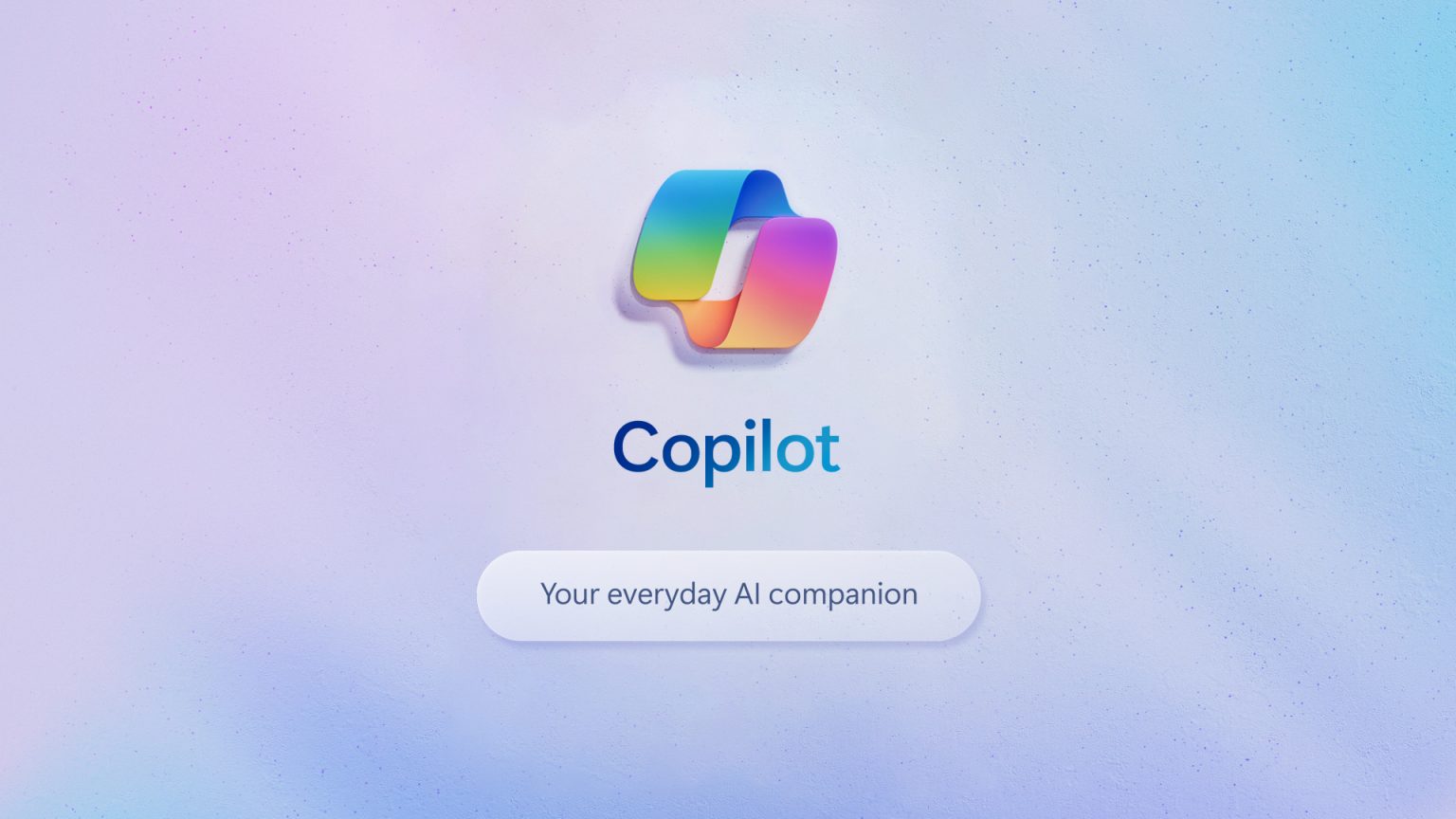Summary:
The Australian Universities Accord Final Report, released by the Hon Jason Clare MP, Minister for Education, contains 47 recommendations aimed at reforming higher education to meet Australia’s future skills needs. Here are the key points:
Reform Goals: The report sets a vision for the next decade and beyond. It aims to enhance the higher education sector’s effectiveness and responsiveness.
Workforce Qualifications: The report recommends that at least 80% of the workforce should have either a vocational education and training (VET) or university qualification by 2050. Currently, this figure stands at 60%1.
Long-Term Plan: The Accord Final Report provides a long-term reform plan to address the evolving demands of Australia’s workforce and economy.
For more detailed insights, you can refer to the Summary Report prepared by the Department of Education2. It outlines the themes and issues identified in the full report.
Remember, this is just a concise overview, and I recommend exploring the full report for comprehensive information.
Critique:
Let’s delve into a concise critique of the Australian Universities Accord Final Report. Here are some key points to consider:
Ambitious Goals: The report sets ambitious targets, such as aiming for 80% of the workforce to have either a vocational education and training (VET) or university qualification by 2050. While this goal is commendable, achieving it will require substantial effort and investment.
Implementation Challenges: The report outlines several recommendations, but translating them into effective policies and practices may face challenges. Implementation across diverse universities and regions could be complex.
Equity and Access: While the report emphasizes workforce qualifications, it’s essential to ensure equitable access to higher education. Addressing barriers faced by disadvantaged groups, including Indigenous students and those from low socioeconomic backgrounds, is crucial.
Funding and Resources: The report doesn’t delve deeply into funding mechanisms. Sustainable funding models are essential to support quality education, research, and infrastructure.
Industry Collaboration: The report highlights the need for stronger collaboration between universities and industries. However, striking the right balance without compromising academic autonomy is critical.
Digital Transformation: The report acknowledges the importance of digital skills. Universities must adapt swiftly to technological advancements and prepare graduates for a rapidly changing job market.
Research and Innovation: While workforce qualifications are vital, universities’ role in research, innovation, and knowledge creation should not be overshadowed. Balancing practical skills with intellectual growth is essential.
In summary, the Accord Final Report provides a roadmap, but its success hinges on effective execution, stakeholder engagement, and ongoing evaluation. Policymakers, educators, and industry leaders must collaborate to turn these recommendations into meaningful outcomes for Australia’s higher education sector.

No comments:
Post a Comment